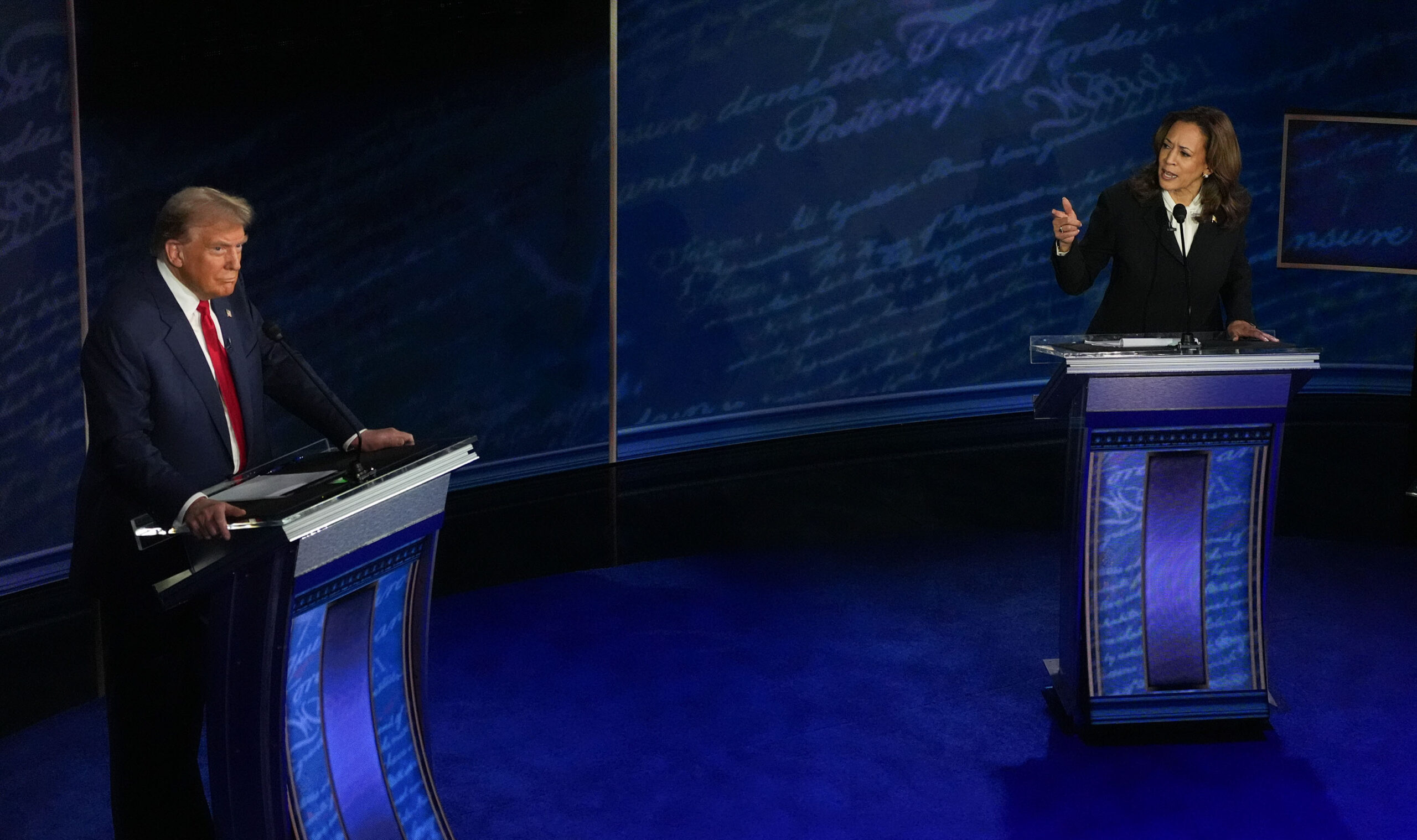The Blame Game Gets Under Way
The magnificos of the political and media establishments are wasting no time in pointing the finger.

The polls haven’t even closed, and it has already begun: the finger-pointing, the accusations, the premature post-mortems. In mid-October, for example, Frank Luntz told CNN that Kamala Harris’s momentum “froze” when she began to attack Donald Trump. Until then, her numbers had been terrific. Covering the famously roly-poly pollster’s comments, The Hill said some Democrats now “fear the 2024 contest is slipping away.”
If it does, and Harris loses, the season of bitter recrimination will kick off in earnest. And if Trump loses, expect nothing less from Republicans. Because we probably won’t know who actually won the elections for days, weeks and maybe months—and because whoever loses might not concede (cue the lawsuits)—there will be no end of it. “They cheated!” “No, they cheated!” “It was stolen!” “They listened to the wrong people!” “Why didn’t she do that?” “Yeah, but if only….”
For Americans glued to CNN, MSNBC, Fox, and the rest, this after a while can get downright depressing. But for conservative Christian anarchists (thanks, Henry Adams), this might be the best part of any election season. That’s because it confirms some of our worst suspicions about government.
For those of us whose expectations of our political system are minimal, it’s kind of fun. Our expectations are low, not because we think that the politicians, their handlers, and cheerleaders are all liars and crooks, but only that they are human. This is just how humans who seek power over other humans behave. And when frustrated in their desires, they lash out. We lash out.
We have to blame somebody. David Hackett Fischer in Historians’ Fallacies said that in seeking to ascertain the causes of events, we confuse how something we don’t like happened with “Who is to blame?” This is, of course, more soothing to the ego and less taxing on the intellect. It’s important that historians know the difference (too often, Fischer finds, they don’t), but it is probably asking too much of mere mortals to do so.
In a political culture as fraught with bad feelings as ours, this assigning of blame—as all good citizens never tire of reminding us—only makes the atmosphere more spiteful and acrimonious. That is no doubt true. Back in 2018—the year before she died—Alice Rivlin in The Hill bemoaned the extent to which “party partisans” were “blaming and demonizing each other,” which resulted in that year’s government shutdown.
The ex-director of the Congressional Budget Office, among other government positions, reminded us how “sensible parents” deal with “squabbling children.” Good mommies and daddies “start with a timeout to let tempers cool and then enlist the erstwhile warring parties in a cooperative project,” Rivlin wrote. “It often works.”
Suppose, she droned on, “our elected policymakers were to call timeout and take a pledge to stop blaming each other for a month.” They could then “focus on defining the problem they want to solve, proposing solutions and explaining, with evidence, not slogans, how their preferred solutions are supposed to work… A simple timeout and a no-blaming pledge could be the first steps to restoring constructive national policymaking.”
Subscribe Today
Get daily emails in your inbox
This was all well-meaning, but also preposterous. We regularly hear such condescending drivel from those who have devoted their professional lives to “public service,” and it is no less offensively demeaning than the practices Rivlin, et al., profess to deplore.
We’re not in pre-K, after all, and the fact that career bureaucrats and other members of the political class view us in this way is troubling, if nothing worse.
The only sane reaction might be one of mockery—specifically, that offered by Jerry Seinfeld on his TV show: “Who wants to be responsible? Whenever anything goes wrong, the first thing they ask is, ‘Who’s responsible?’”